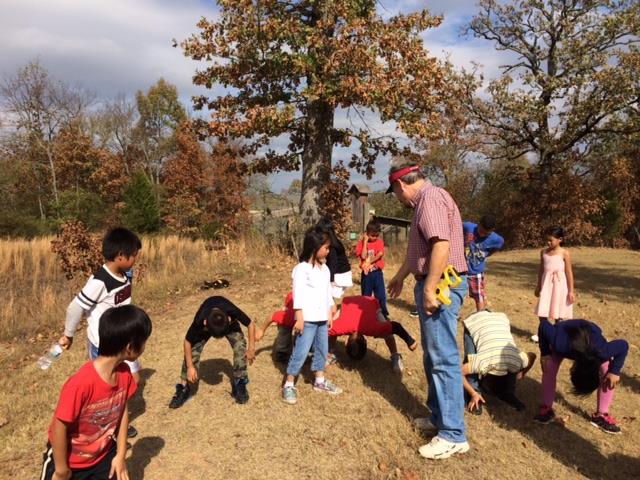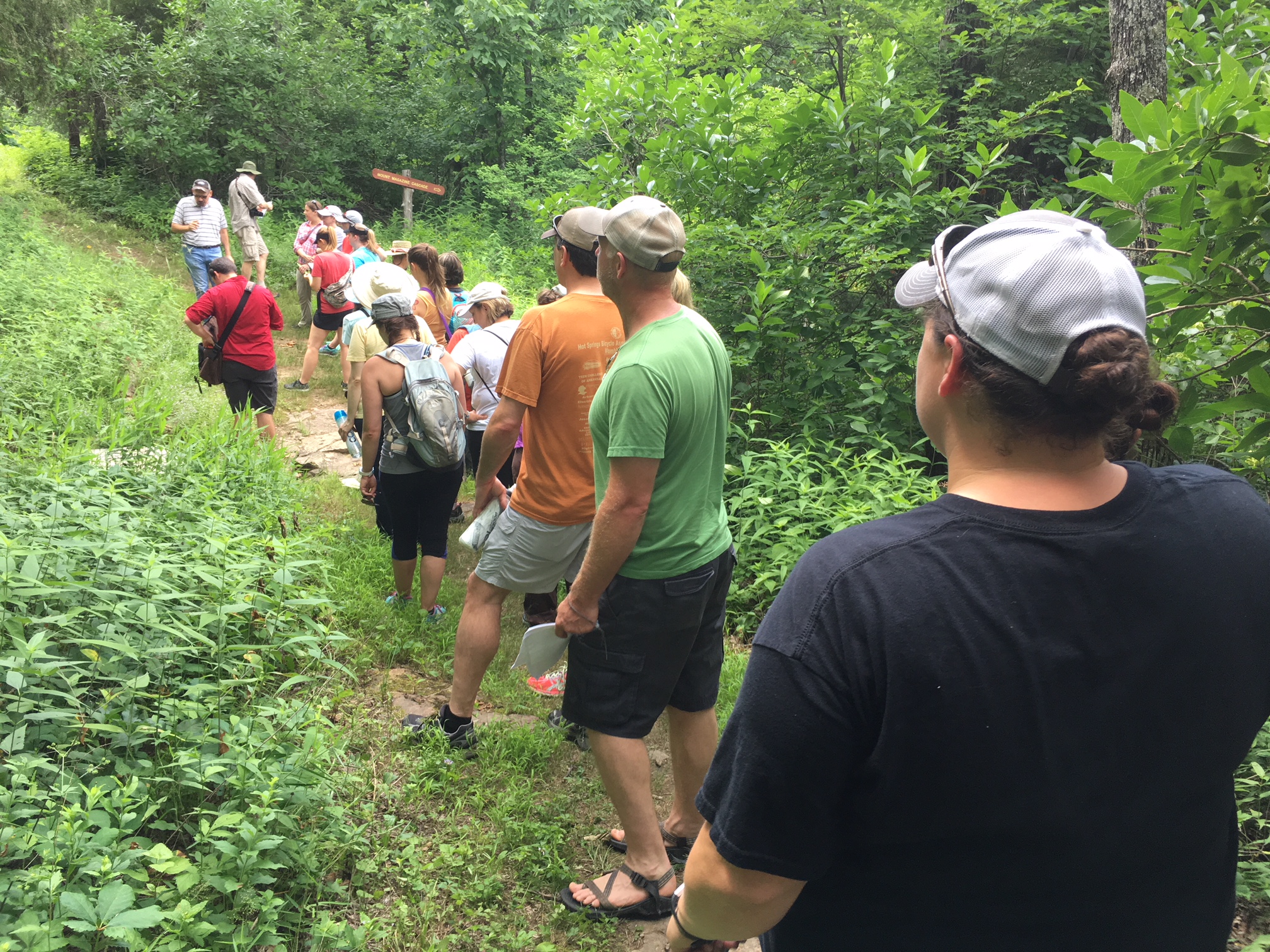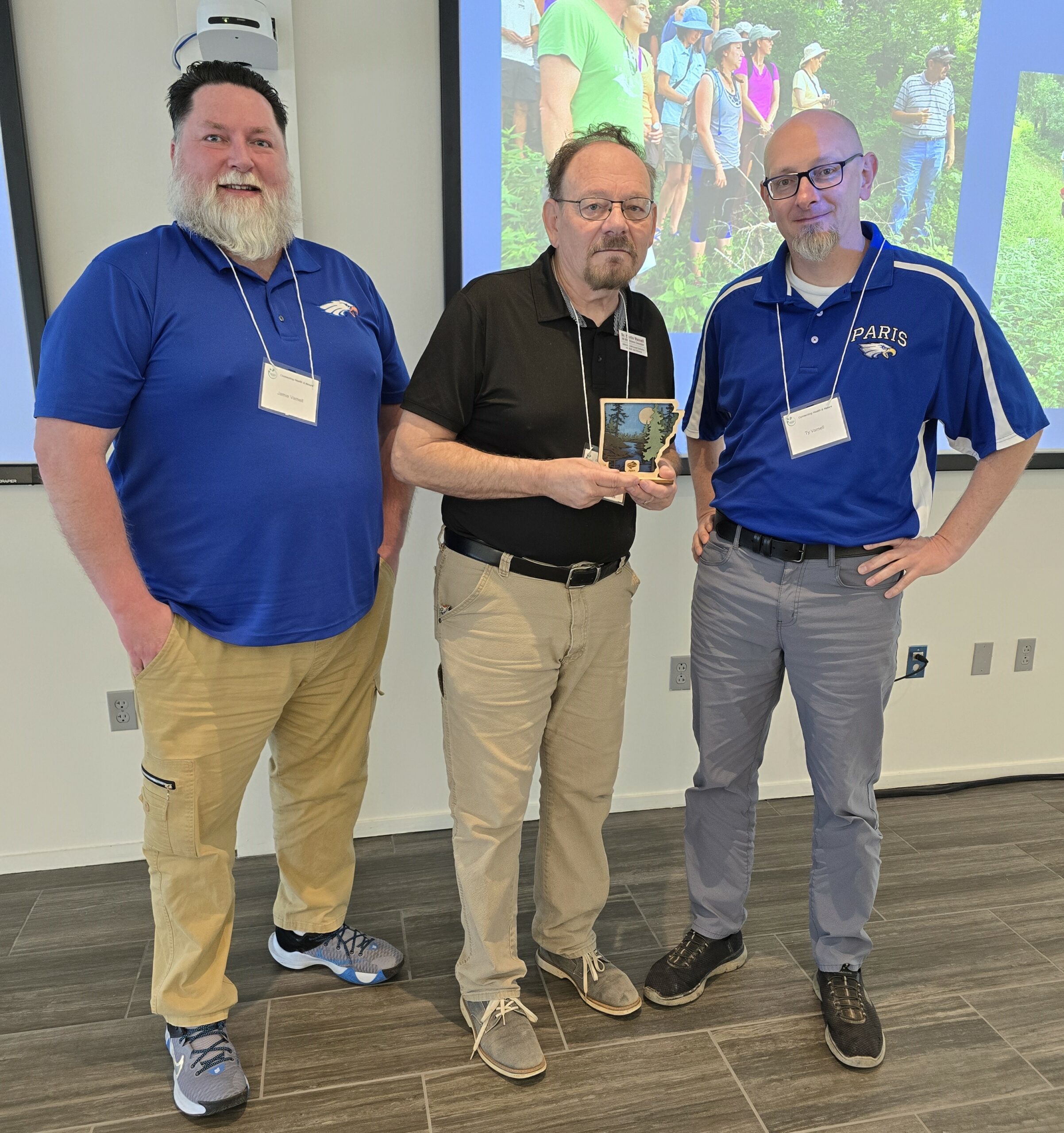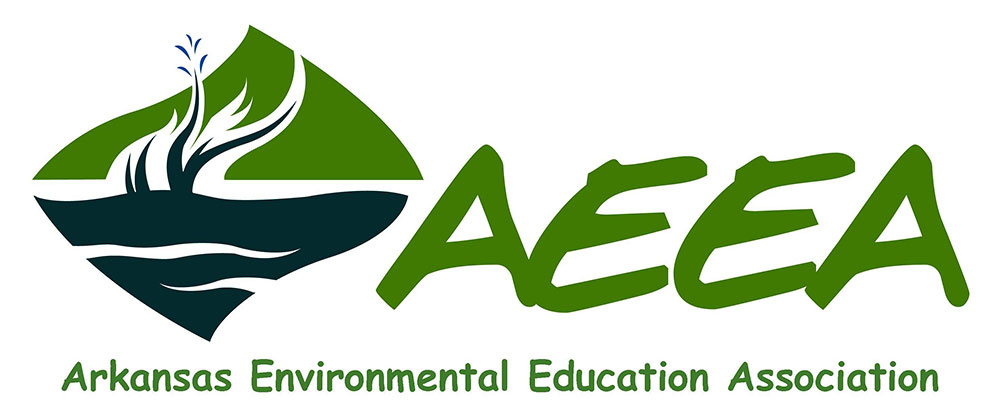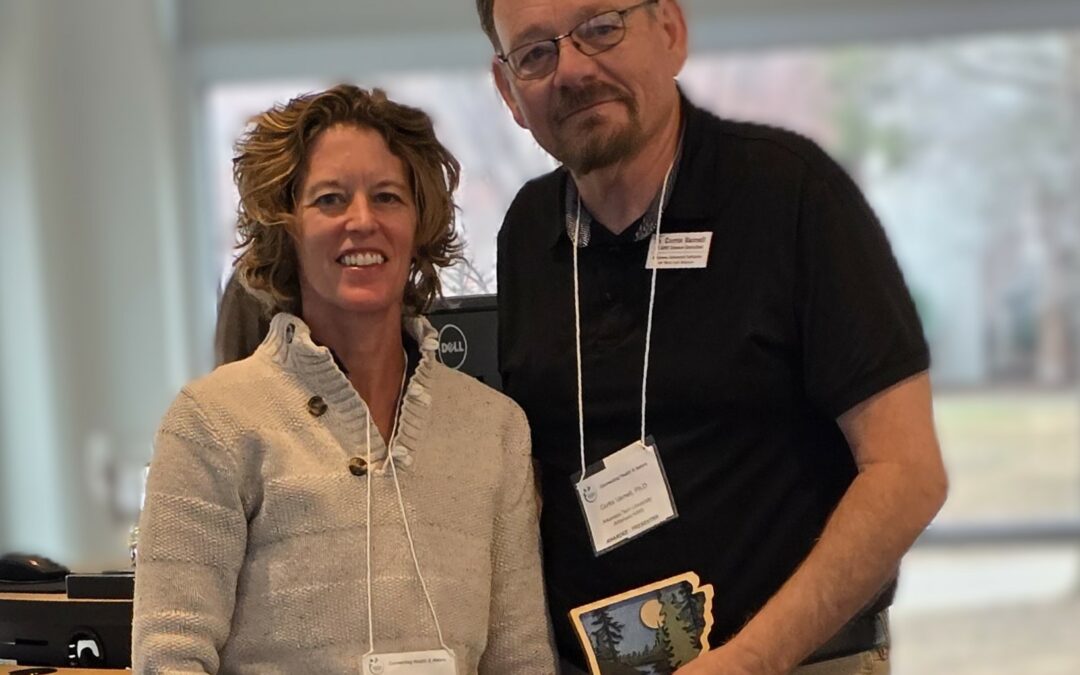Dr. Curtis Varnell is a life-long educator with more than twenty-five years of experience in the public school classroom. For the past 15 years, he has served as the science specialist of the Guy Fenter Education Service Cooperative. He is also an Adjunct Professor at Arkansas Tech University. At the 2025 AEEA Conference, Curtis was presented with The Robert McAfee Environmental Education Lifetime Service Award.
Learn more about Curtis below.
by Stephanie R. Lewis
Inspiration
Dr. Curtis Varnell’s story is rich with nature, education, and the environment. His journey, rooted in exploring the Magazine Mountain area and the Ozarks, and representing his home county at a state high school environmental workshop at Henderson State University shaped his career in hydrogeology and environmental education. His lifelong dedication to understanding water resources and fostering outdoor learning experiences is inspiring, particularly through his work with at-risk youth.
Favorite Activity
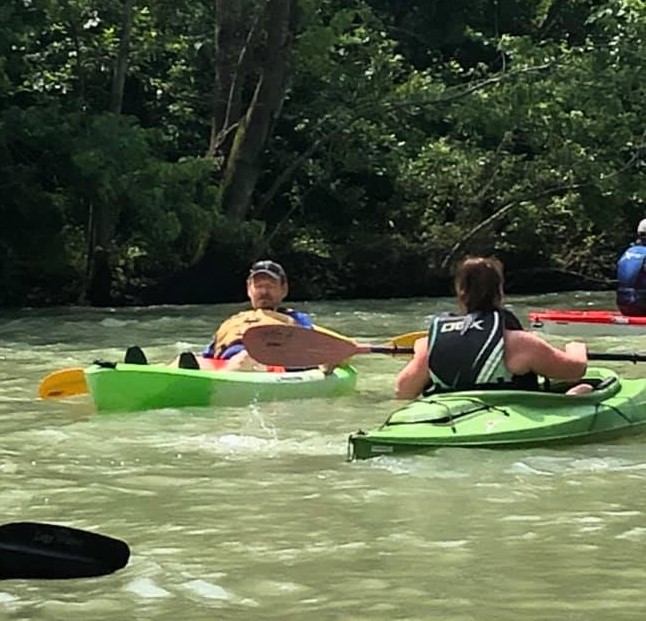
Collaborating with staff from the Janet Huckabee Nature Center and the Guy Fenter Education Service Cooperative, Curtis developed an interventionist program for kids at risk, Students Assisting Teachers (SAT). Each of the representative school districts select a group of at-risk students along with a teacher who has agreed to serve as the interventionist for the students. SAT provides an opportunity for kids to feel a part of the school, develop a cadre of friends, and have additional school support, improving educational performance as well as student behavior.
The SAT program is Curtis’s favorite activity with students because it shows the impact hands-on, outdoor learning can have on students. Curtis recognizes the transformative power of nature in education, and his approach to outdoor education encourages students to not just learn from the world around them, but to actively engage with it.
Curtis says, “You have never seen excitement like I saw as kids canoeing for the first time, wading in the water collecting fish samples, or floating on the eagle watch.”
Favorite Memory with Students
During the first year he held the SAT program, Curtis had a student he considered “a human wrecking ball.” The student loved playing bumper cars with the canoes and wading in the lake when he wasn’t supposed to. Working with Curtis in the SAT program and mentor Patrick Millard of Waldron changed the young man’s life. Twelve years later, the student is a local youth pastor and a member of the Waldron school board.
Lesson From Nature
He grew up, and still lives, one mile from the Ozark National forest. His childhood was spent swimming in local creeks, climbing through caves, and exploring. “It’s harder getting out of a cave than getting in. Copperhead Cave was nearly vertical and a 30 foot climb out.” says Curtis.
Technology in Outdoor Education
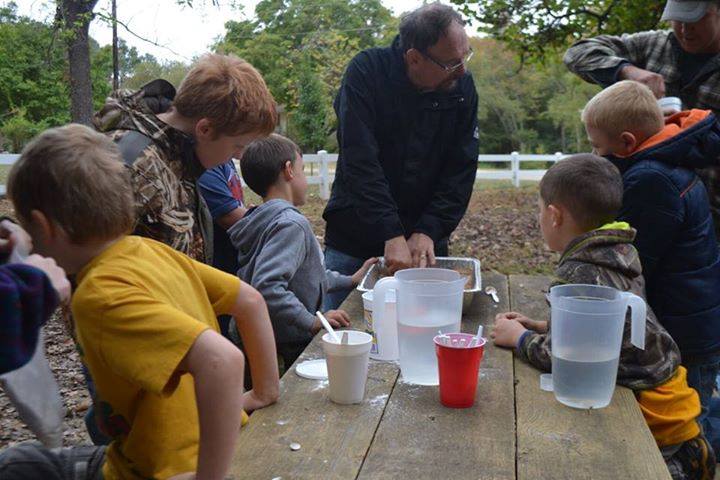
Curtis reflected on the importance of leaving technology behind during outdoor education, the inclusive nature of the outdoors, and his connection to the land provide valuable insights into how education and environmental conservation can go hand in hand, “Truthfully, I think they get too much technology in the classroom and the outdoor time is a great opportunity to leave that stuff behind and learn real-world. I do use some electronic water testing equipment and I store data in a computer.”
Advice for New Environmental Educators
Curtis’s advice to new environmental educators is to simply begin. It is important to take the first step and create experiences for students, even if they’re as simple as stepping outside the classroom. It’s about fostering curiosity and showing students the world in a way they may have never experienced before.
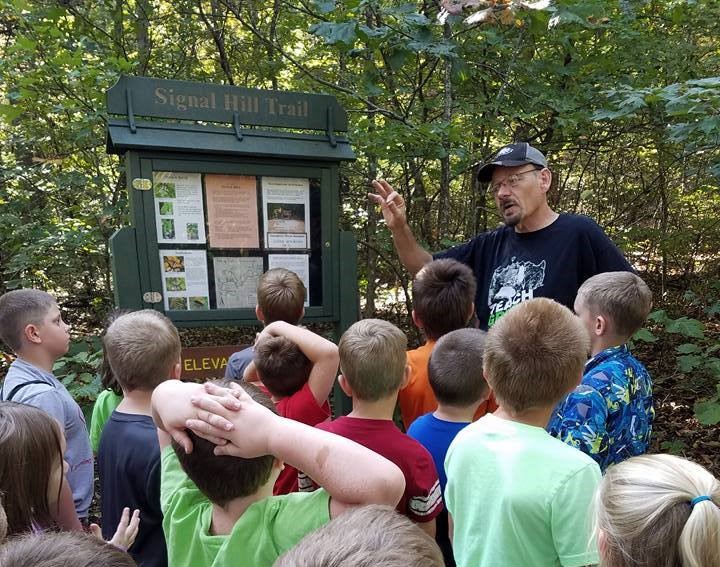
He says becoming involved with the Arkansas Environmental Education Association. Project WET, Project WILD, and Project Learning Tree can help you find materials, and provide a network of people with interests similar to yours. Curtis says, “I especially like Explore the Environment- these are all portions of Project Learning Tree and offer all kinds of training and lessons models (and are free).”
Curtis says, “The key is to begin. Once you see how well it works, even in the school-yard, the teacher will repeat the experience.”
Future
Curtis’s career and advice highlight the power of the natural world to shape lives, and his dedication continues to inspire both students and fellow educators to appreciate the outdoors in a profound way.
“In recent years, Arkansas has really expanded state assistance in outdoor education, especially through the various nature centers. These are great assets for teachers and the local communities.” says Curtis.
